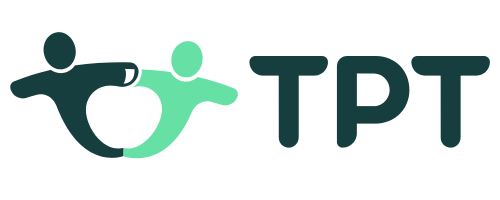Postgraduate Infant Feeding Workshop | May 2024
$740.00 ex. GST
Postgraduate Infant Feeding Workshop | May 9-10 2024 | Online
Supporting families with breastfeeding, bottle feeding, and transition to solids difficulties.
This two-day, online workshop is aimed at speech pathologists supporting families with infants and toddlers having feeding difficulties. Join us to develop your knowledge and practical skills in this specialised area of feeding.
Description
Postgraduate Infant Feeding Workshop
May 9th and 10th 2024 | Online
Supporting families with breastfeeding, bottle feeding, and transition to solids difficulties.
This two-day workshop is aimed at speech pathologists supporting families with infants and toddlers having feeding difficulties. Join us to develop your knowledge and practical skills in this specialised area of feeding.
Download brochure HERE
9TH AND 10TH MAY 2024
8:30am – 5pm Online workshop
Tickets on sale: January 2024 (early bird ends on 31st March 2024)
TICKET PRICE:
$700 early bird/$740 full price (GST is added at checkout)
Day 1 | 0–6 MONTHS
Supporting families with breastfeeding, bottle feeding, and transition to solids difficulties.
These two days will utilise case studies and videos to support your learning across the areas below.
Day 1 will also include a Guest Speaker:
Lisa Collins, Lactation Consultant, presenting on “Working with a Lactation Consultant to support breastfeeding.”
Embryology and newborn feeding
- Understanding the difference between nutritive and non-nutritive sucking.
- Identifying suck – swallow – breathe coordination difficulties in infants.
Oral motor assessment (OMA) in infants
- Increasing your confidence doing OMAs using practical case videos of OMA in different aged babies and toddlers.
- Knowing how to assess function vs. structure in oral motor skills.
Breastfeeding
- Reviewing the anatomy and physiology of human lactation.
- Understanding the factors that impact breastfeeding including lip and tongue ties.
- Supporting breastfeeding /chestfeeding – the speech pathology role.
- Practical strategies around improving breast feeding attachment and sucking strength.
- Working with caregivers using breast pumps, nipple shields, and supply lines.
Bottle feeding
- Building your skills with understanding what equipment to use with infants (bottles, teats, and dummies).
- Problem solving around common
bottle-feeding difficulties e.g., weak suck, SSB difficulties. - Managing aspiration in infants and knowing when to refer for instrumental testing.
- Understanding the impact of medical factors including reflux, constipation, allergies and cleft lip and palate on feeding success.
- Supporting oral aversion in babies.
- Understanding the different paediatric thickeners in the market and when to use them with your caseload.
Day 2 | 6 – 18 MONTHS
Supporting families with breast feeding, bottle feeding, and transition to solids difficulties.
These two days will utilise case studies and videos to support your learning across the areas below.
Day 2 will also include a Guest Speaker:
Lauren Gladman, Dietitian, presenting on “Growth, nutrition and working collaboratively with dietitians in infant feeding.”
Introduction to solids
- Understanding the difference between the traditional method of solids introduction and baby led weaning.
- Supporting readiness for solids in medically complex infants.
- Building skill development in infants with difficulties transitioning to solids.
- Sharing equipment ideas for therapy at this early age including sippy cups and straw cups.
Typical Chewing Development
- Understanding the stages of chewing development in babies and toddlers.
- Supporting chewing development in children with delayed oral motor skills.
Managing difficulties with transition to texture
Supporting babies who are:
- Gagging and vomiting on puree.
- Refusing the spoon.
- Gagging and refusing textured foods.
- Refusing solids and wanting breast/bottle feeds.
- Referred for delayed oral motor skills and solid progression.
Working as a multidisciplinary team
- Managing an infant feeding clinic. Writing feeding assessment reports.
- Developing feeding plans for infants. Sharing feeding resources.
- Problem solving case studies.
*Older children aged 19 months -16 years will be covered in our postgraduate 4 day feeding workshop.




